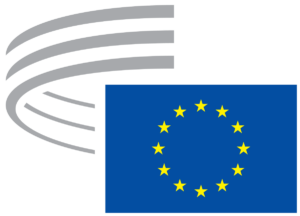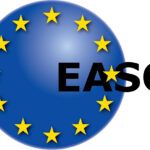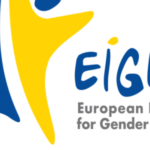Access to the official website
 |
 |
 |
 |
 |
Role: Advisory body representing employers’ and workers’ organisations and other interest groups
Members: 329 from all EU countries
Presidente: Christa Schweng
Established in: 1957
Location: Brussels (Belgium)
The European Economic and Social Committee (EESC) is an EU advisory body comprising representatives of workers’ and employers’ organisations and other interest groups. It issues opinions on EU issues to the European Commission, the Council of the EU and the European Parliament, thus acting as a bridge between the EU’s decision-making institutions and EU citizens.
What does the EESC do?
It gives the interest groups a formal say on EU legislative proposals. Its three key tasks are to:
- ensure that EU policy and law are geared to economic and social conditions, by seeking a consensus that serves the common good
- promote a participatory EU by giving workers’ and employers’ organisations and other interest groups a voice and securing dialogue with them
- promote the values of European integration, and advance the cause of participatory democracy and civil society organisations
Composition
EESC members represent the variety of civil society organisations across Europe, including businesses, trade unions and other interests. They are nominated by national governments and appointed by the Council of the EU for renewable 5-year terms. The number of members per country depends on that country’s population.
The EESC elects its President and 2 Vice-Presidents for two-and-a-half-year terms. Members belong to one of three groups:
- employers
- workers
- other interest groups (e.g. farmers, consumers)
How does the EESC work?
The EESC is consulted by the European Parliament, the Council of the EU and the European Commission on a variety of subjects. It also issues opinions on its own initiative.
Members work for the EU, independently of their governments. They meet 9 times a year. Opinions are adopted by a simple majority vote.
Meetings are prepared by the EESC’s specialised sections and the consultative commission on industrial change. The EESC’s specialist think-tanks (known as ‘observatories‘) track the progress of EU strategies.
The EESC keeps in touch with regional and national economic and social councils throughout the EU – mainly to share information and discuss particular issues.







Leave a Reply